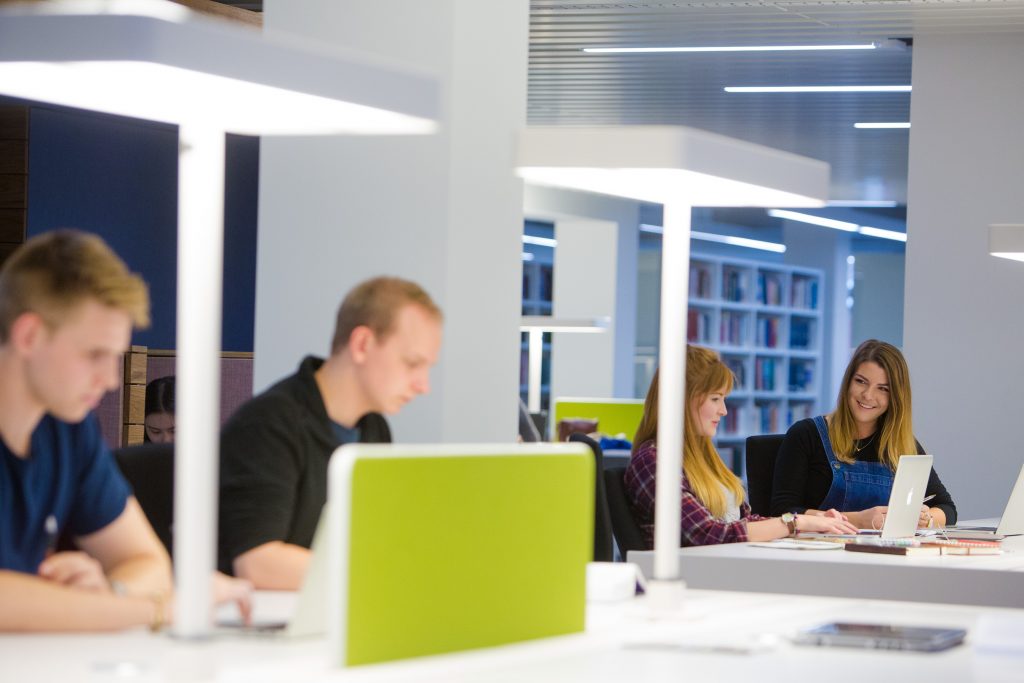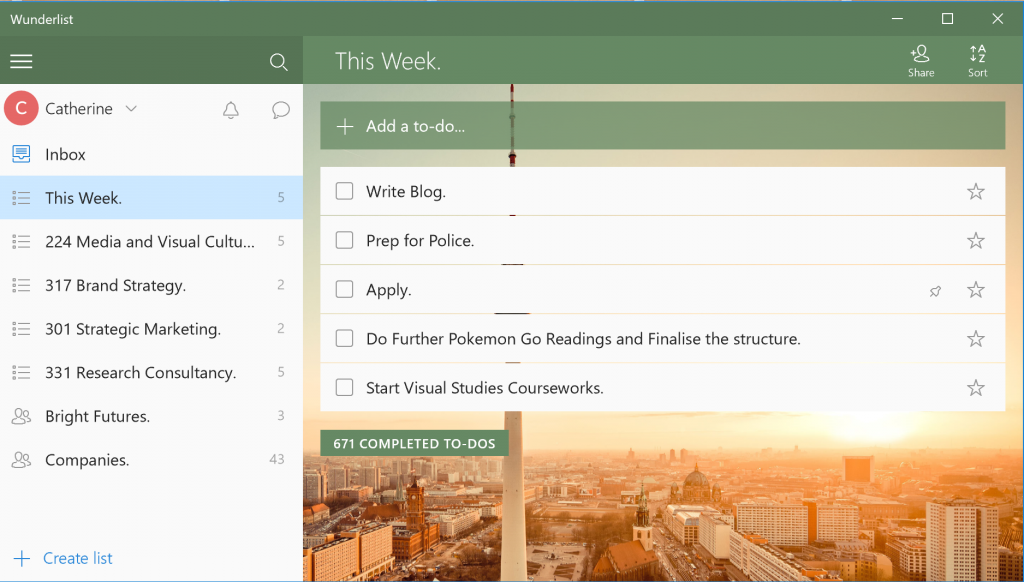 by Will (Student Blogger: BSc Hons Entrepreneurship and Management)
by Will (Student Blogger: BSc Hons Entrepreneurship and Management)
As a student who had selected to study “Entrepreneurship” coming from a background of A levels in Biology, Politics and Economics, uncertainty of how my university life would materialise is an understatement. From early on in my study of the subject I was presented with the problem of not having a set strict criterion of reading and material to learn. The field of entrepreneurship is still to this day open to interpretation on how best to learn and practice it. This was the first time in my educational journey that I had been allowed to pursue my own interests within an area of study. I found this impossible to begin with, as I couldn’t stand not having a set path leading from study to exam. In the crudest sense I had to expand my mind and stop worrying about what might happen, while focusing on what I could make happen.
The main way I overcame this problem was talking to the professors and course leaders of entrepreneurship. Despite being a confident person even this was daunting, as the perception and attitude of professors is so much different from that of traditional teachers. It therefore took me until around my third week of study to approach my professor after my lecture and explain my dilemma. I was undoubtedly nervous of what the answer would be. I felt that it would confirm my skepticism for entrepreneurship and show my ineptitude at grasping the concept of university styled study.
I was therefore more than slightly shocked to learn that many students had voiced almost identical concerns to my own earlier on in the term, and in fact in earlier academic years. It soon became apparent that each cohort of students studying entrepreneurship and almost all other degrees always included those unable to initially grasp the great freedom given in how one may study.
However, this mere conversation with my professor though explained to me that my problem was not unique, did not solve the situation. I was told in a later conversation with the module leader that the best way to comprehend and therefore take advantage of the freedom we were given to study with, was to practice. Plain and simple I was told to take my first essay with a pinch of salt and just be inventive with it, allowing myself to study many areas related to the title and focus on the most enjoyable from there.
To say that this immediately fixed my dilemma wouldn’t be telling the truth. However, it was clear that from then on I was on the path of recovery or so to speak. Since that first essay, which incidentally received a good mark, I have embraced and improved on building my own path using what I enjoy, rather than what I think I must endure.
This is a problem that I must admit is not totally absent from my university experience yet. However, it is a problem that is now much less significant much more solvable and one I honestly am enjoying conquering.

 by Sara (Student Blogger: BA Hons Linguistics)
by Sara (Student Blogger: BA Hons Linguistics)

 by Melissa (Student Blogger: MA English Literature)
by Melissa (Student Blogger: MA English Literature) entao (Student Blogger: BA English Language and Linguistics)
entao (Student Blogger: BA English Language and Linguistics) by Nevena (Student Blogger: BSc Hons Business Studies (Industry))
by Nevena (Student Blogger: BSc Hons Business Studies (Industry))
